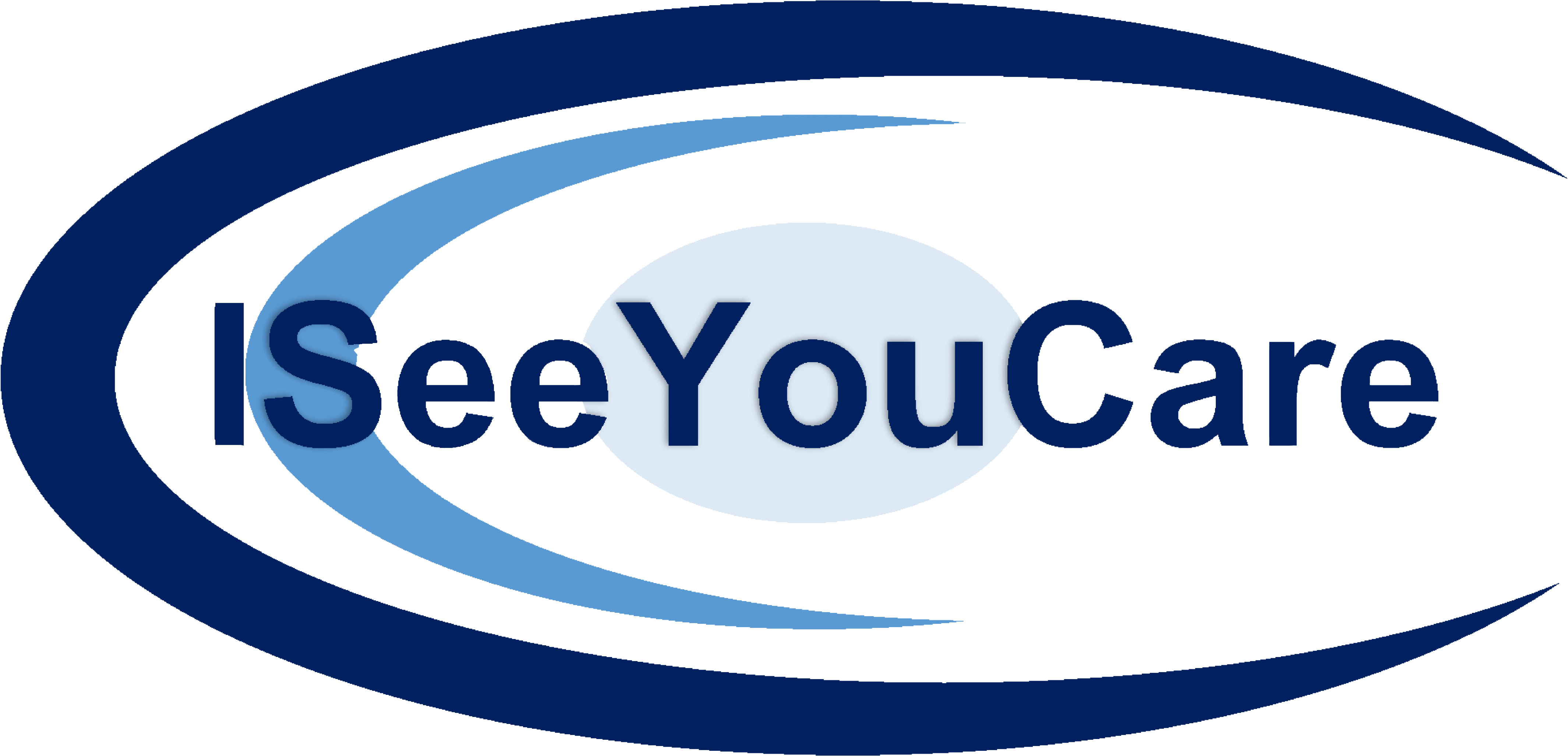The History of Smart Cards in Healthcare dates back to the 1990s. In 1998, the French health-care system began providing each patient with a small green card. Each patient carries “the carte vitale”. It is a Smart Card, a plastic credit card with a memory chip on it. It can open, access and update, all the essentials of a patient’s health records from a cloud-based host. With it, medical records, insurance information, prescriptions, and reimbursements are all available to the patient and caregivers. With it, provider verifies the patient’s ID at check-in. It also provides the doctor with a clinical history of the patient. Additionally, after the visit, it updates the medical information in the cloud and transmits a bill to the patient’s payer.
At the present time, the French have 67 percent fewer administrative personnel per building than a comparable American establishment. Similarly, Taiwan, with the use of a smart health card, reduced its administrative costs to less than 2 percent of total health-care expenditures. This is possibly the lowest in the world. In contrast, in 2012 the administrative complexity of the U.S. healthcare system was estimated to represent between $107 billion and $389 billion in wasteful spending on an annual basis, and in 2015 as much as $1 trillion.
While much of the buzz about the digital future of health care has centered on electronic health records (EHRs), one of the biggest advancements in health care that will dramatically improve how we access, carry, and process medical records is the adoption of a Smart Card. The Smart Card will serve as a Common Access Card (CAC Card), storing all of the patients’ health information including diagnostic images in the cloud. Additionally, it serves as the key to open, assess, review, and upon completion of a consult, update the patients’ health records in the cloud for future medical visits.
A Cure for the US Healthcare System
At the present time, the US government, hospitals, and Insurance companies are looking to improve quality and reduce costs. Healthcare wasted a total of $750 billion in 2009, which has increased to $1 trillion in 2015. Major legislative changes will require an approach that includes:
- Making sure we’re accurately identifying the patient.
- Keeping the patients’ identity secure and preventing others from using it to receive care or for other fraudulent purposes.
- Preventing the waste associated with uncoordinated care among multiple providers.
- Correcting pricing failures and abuse, including outrageously inflated drug prices.
- Reducing all types of fraud and abuse.
- Stopping redundant and unnecessary testing.
- Decreasing overall the administrative costs, including the extremely high costs of billing.
Smart cards (the US Military calls them “Common Access Cards” or “CAC cards”) can go a long way towards solving many of these problems. Their effectiveness in markedly decreasing fraud and abuse, redundant testing, and the high administrative costs of health care, has been proven in France and Taiwan.
A Newsweek article suggested a major reason the US has not entered the market is that of our fragmented system. The system includes thousands of private hospitals, clinics, physicians’ offices, pharmacies, and insurers. Additionally, we have multiple types of EHRs and EMRs, with no single government agency to act as the central issuer.
ISeeYouCare’s Solution
ISeeYouCare has effectively addressed these problems with a Smart Health Card solution that functions as a bidirectional magnet to electronically obtain and disperse, all of the patients’ records including diagnostic images from various disparate EHRs and EMRs, onto a patient-controlled Virtual Lifetime Patient Health Record (VLPHR) embedded in a CAC Smart Card stored in a Health Information Exchange (HIE) in the cloud. The patient can access any of this data, anywhere, anytime and at any medical location. Furthermore, if the cloud is down, the patient’s written records are also contained in their CAC Smart Card.
Contact Us to find out more.

